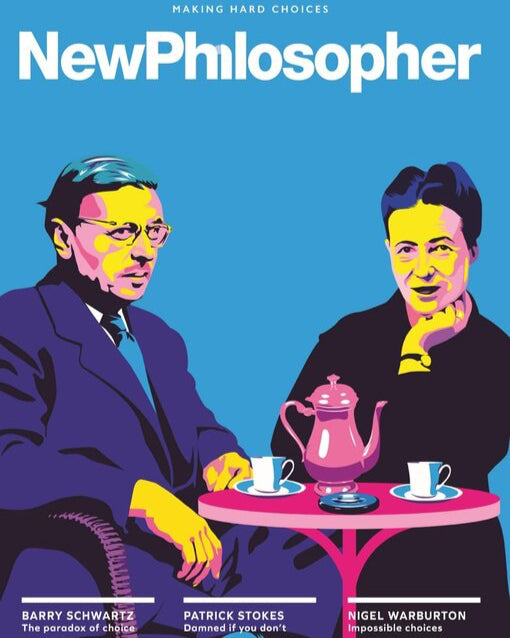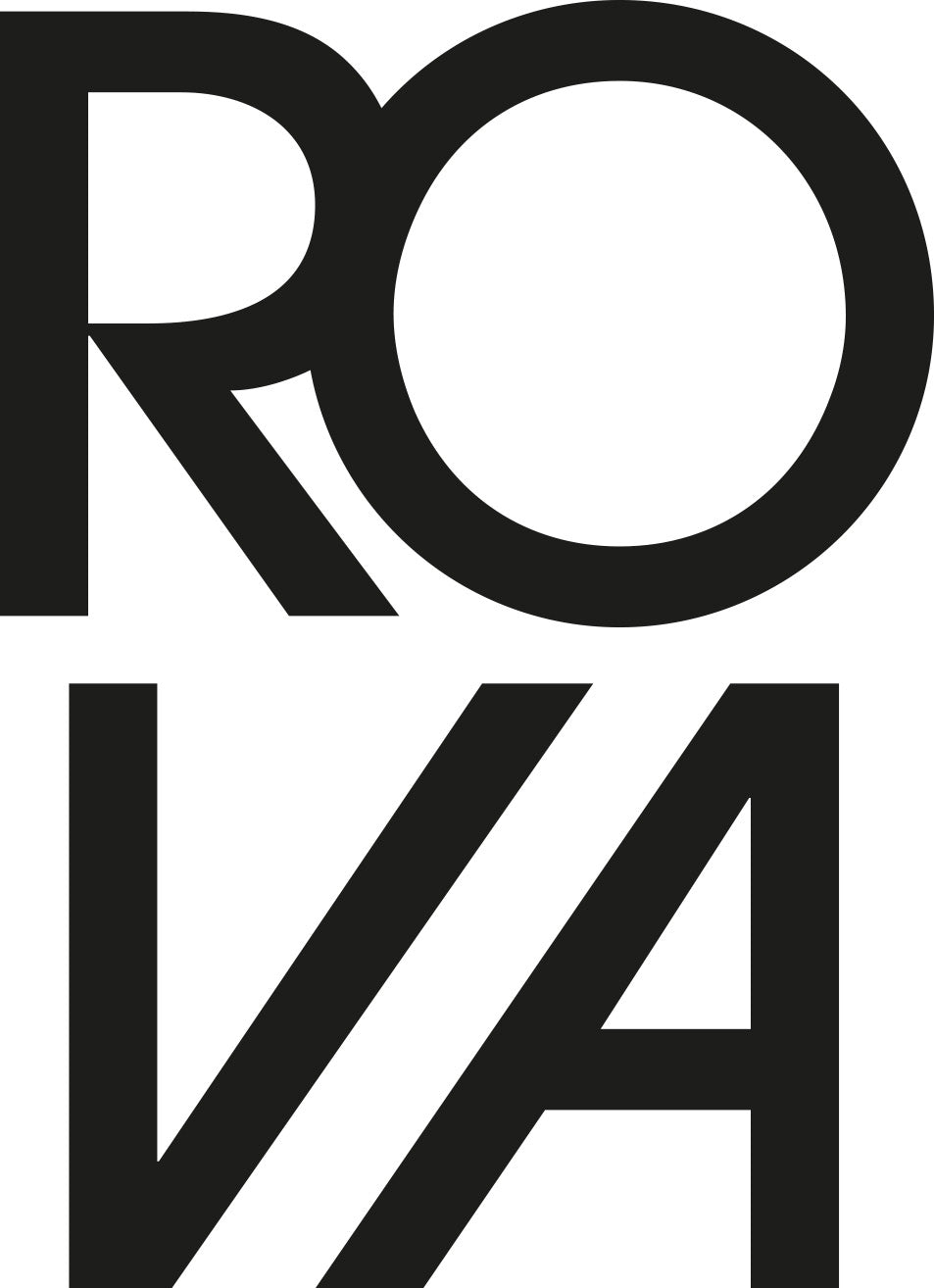ROVA
New Philosopher #46
New Philosopher #46
Regular price
£9.95 GBP
Regular price
Sale price
£9.95 GBP
Unit price
per
Tax included.
Couldn't load pickup availability
NP is devoted to exploring philosophical ideas from past and present thinkers.
THE CHOICE ISSUE
Danish philosopher Søren Kierkegaard argued that life is a series of choices. Our choices, which he claimed are ours alone to make, define us and bring meaning to our lives. Each action that we take is a choice of sorts, a choice that is solely our responsibility to make – and this responsibility, given its importance in determining the course of our lives, can overwhelm us with dread and anxiety.
His fellow Existentialists, those who followed in his footsteps, tended to agree, although they seemed to regard the situation as more empowering than anxiety-inducing. A wake-up call of sorts. “Man is nothing other than his own project,” wrote Jean-Paul Sartre. “There is no love other than the deeds of love… there is no genius other than that which is expressed in works of art.” Sartre believed that our only purpose is the one we set ourselves; that we forge our own destiny. To Sartre, reality alone counts; and our choices determine this reality.
One of Sartre’s famous choices, which subsequently determined his reality, was to fall out with his former firm friend, the Nobel Prize-winning author Albert Camus. He and Camus fought over various matters, but the turning point came when Sartre argued that the use of violence and terror was a justified means to an end. Camus strongly disagreed.
Sartre spent the next few decades defending his position, or as Galbraith said, “getting busy on the proof ” rather than contemplating alternative arguments. We all face choices on a daily basis but as Sartre’s situation shows, perhaps the most significant ones are the positions we take on important matters.
Although we might be free to choose, ultimately it’s a case of caveat eligens: it’s not so easy to change one’s mind.


